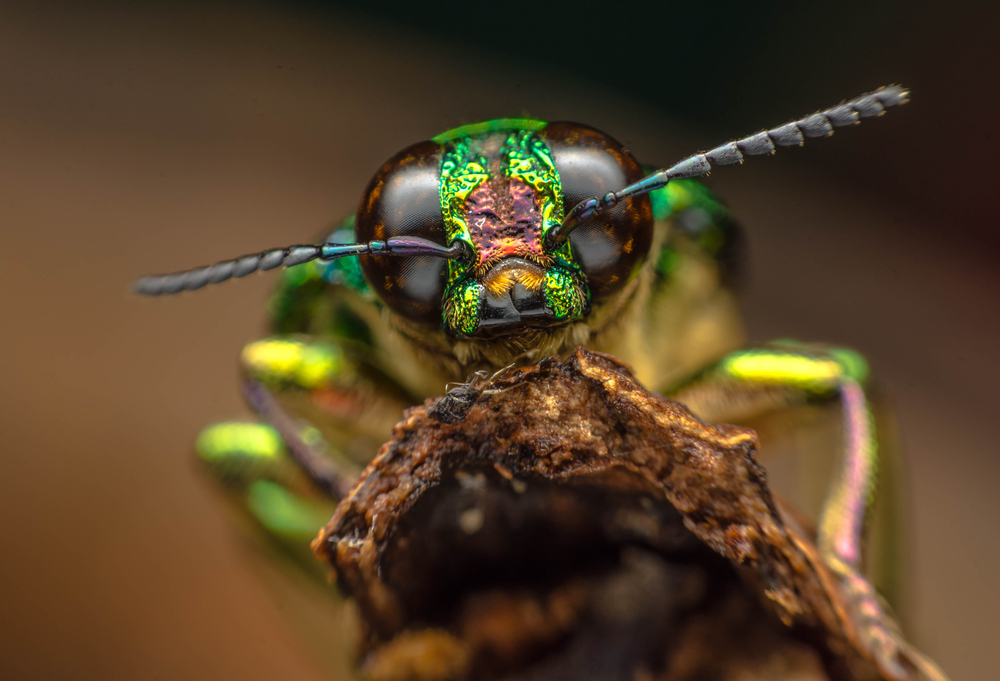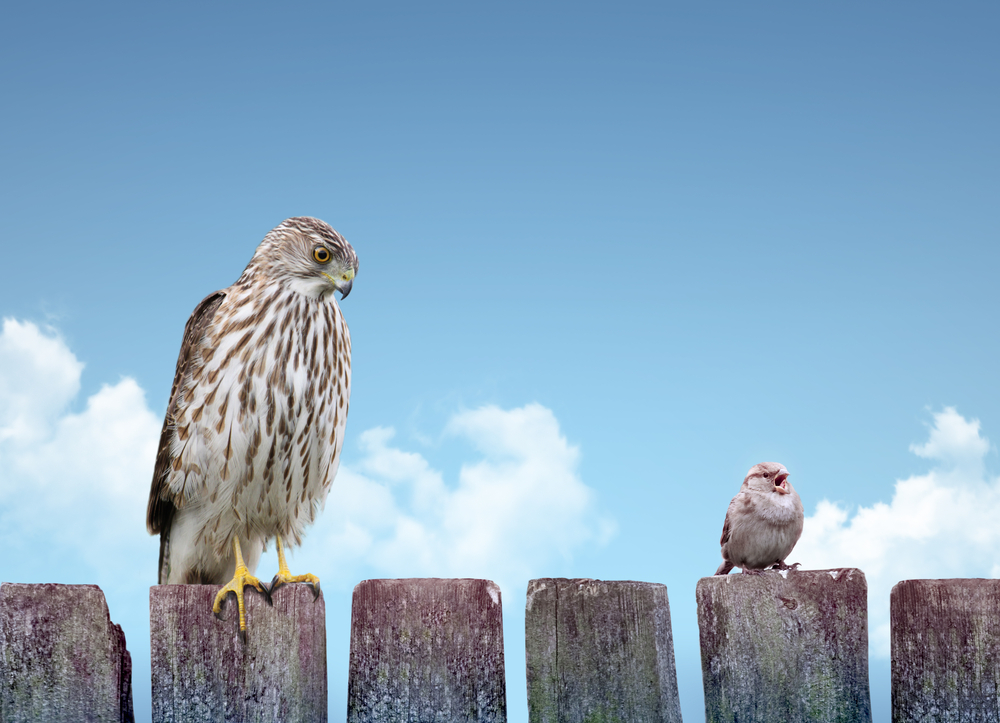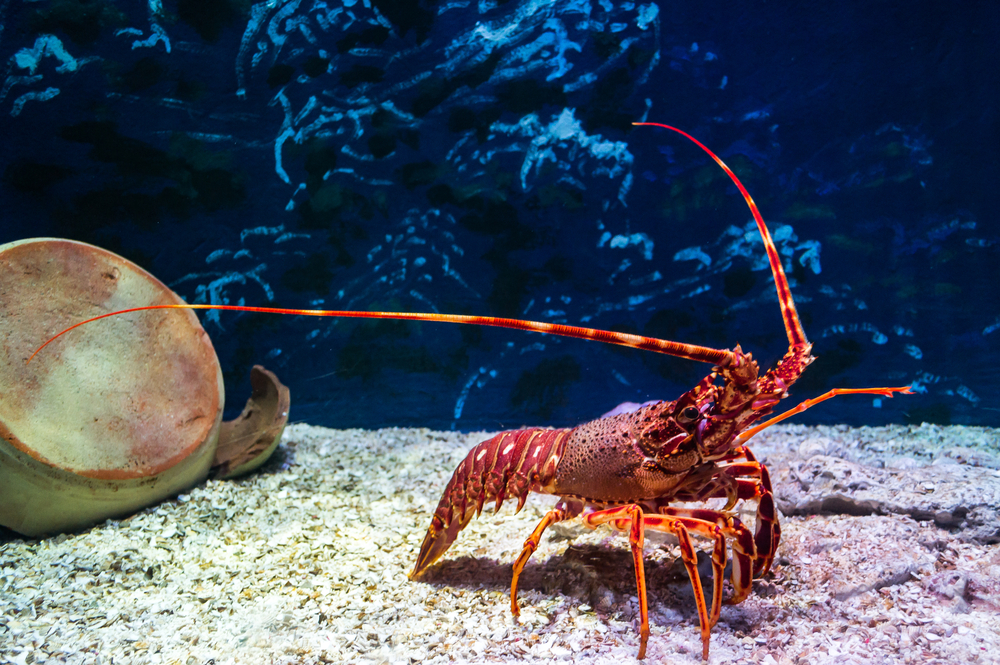Nature is often a welcomed escape from the hustle and bustle of our everyday lives. You can find peace in nature, and it’s important to take time for yourself every day. Unfortunately, this sentiment has become less common as we work more hours than ever before and spend more time on social media. Nature has always been there for us – now it’s time to rethink your relationship with nature!
The pandemic has renewed our appreciation of the outdoors. But while we can enjoy nature now, it’s important to remember that currently, our environment faces a major climate crisis.
I am a psychologist who studies people’s relationships with nature. In the book Anthropocene Psychology, we explore how people interact with nature.
Here’s a brief overview of the Anthropocene for those unfamiliar with the concept. Anthropocene term meaning that the planet is being drastically changed by the human species.
Though the timing is debated, it is generally accepted that around 1950 was when humanity entered the Anthropocene. This was a time of escalation when many factors began to converge. Humanity’s unquenchable demand in areas such as energy consumption and population growth has had a dire effect on the natural world.
Connections and consciousness
The concept of the Anthropocene and what people are doing to the Earth can feel overwhelming. It is a good time to reconsider how nature impacts you. Some people believe two different impacts from this concept, including either the apocalypse or a technological miracle. They are both equally paralyzing – requiring no action from us.
I believe the Anthropocene is an invitation “Now is the time to rethink how we relate to nature and other species.” Turning our backs on nature is out of the question, but there are reasons to be optimistic because many people have already begun turning their backs.
For instance, in recent years, there has been an increased intersection between academics in many fields of knowledge as they work to understand how nature is intertwined. For instance, forest ecologist Susan Simard studies how trees communicate to have a positive impact on forest ecology. Part of a network of plants, trees, and animals that encompasses all living things. Philosophers of nature are changing how we perceive nature and nonhuman animals.
Indigenous North American scholars are helping revive ancient forms of knowledge about humans and nature. All rapidly expanding on the way we live in harmony with the planet, forming human connections with other forms of life.
Novel ideas from academia are not the only approach to better understanding our relationship with nature. Recently, Netflix released the documentary My Octopus Teacher. After creating a bond with an octopus, filmmaker Craig Foster discovered how we could create stronger bonds with nature.
In The Overstory, a Pulitzer Prize-winning novel by Richard Powers, he explores our relationship with nature and the need to protect the environment. New trends reflect a more environmentally conscious approach to life. One sign is the growth in veganism, animal rights activism, sustainability efforts to reduce our dependence on natural resources, and indigenous knowledge. Nature-based interventions and animal-assisted therapies are on the rise. All of which reflects a greater awareness of our interconnectedness with nonhuman nature.
Start thinking in new ways
One important premise of the Anthropocene theory is that the current form of human existence may not last for generations. Realizing that you are not exempt from the effects of climate change can evoke an emotional response, ranging from alarm to awe.
Nature is calling us to rethink how we relate to it. Mindfulness in nature and ‘technology sabbaths’ could redefine how we interact with it. When stress levels around climate change rise to the point of eco-fatigue, a new way of thinking about time might be just what you need. What is an example of “eco-fatigue”? Have you ever experienced it? What implications does our relationship with nature have on our mental health?
Amid the worsening environmental crisis, it may be wise to take a look at our long-standing practice of felt experience as an essential element for change. Now is the time to rethink your relationship with nature. This awareness has become more vital than ever as humans, and other animals are inseparable aspects of the same ecosystem.
The Anthropocenic age has made it clear that the old ways of doing things are no longer working or appropriate. The natural world is remarkable and beautiful. Regardless of who you are, it has a lot to offer everyone. But let’s be honest for a moment: if the human population was eliminated tomorrow, our planet would need at least five million years to recover from the destruction left behind by millions of years of pollution, deforestation, and civilizing expansion.
There needs to be a fundamental reconsideration about how we live as people and how this affects nature in the long-term future.







